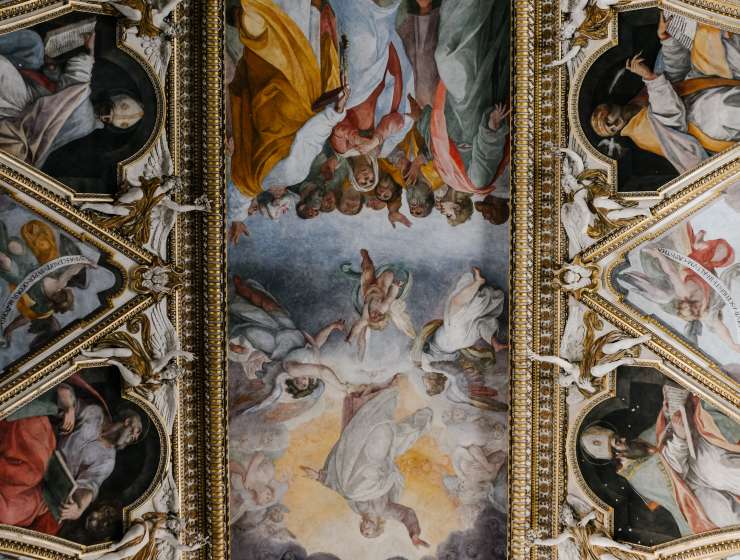
In his treatise De pudicitia ("On Modesty"), the early Christian writer Tertullian contrasts the "church of the spirit" with the "church of the bishops" and attacks a certain "Pontifex Maximus, the bishop of bishops." The identity of this "bishop of bishops" is not spelled out, but the two most likely candidates are the bishop of Rome and the bishop of Carthage. Although many scholars have concluded that Tertullian was referring to the bishop of Carthage, I seek to defend a Roman referent. In reviewing the past possibilities offered by scholars I summarize the major trends and highlight the appeal to motive in the competing arguments.
The motive that most scholars have presumed for identifying the bishop as Carthaginian is that Tertullian was a member of the Montanist sect, which it is assumed was denounced by the bishop of Carthage. Although recent scholarship has called Tertullian's Montanism into question, even denying any existence of a Montanist sect in Carthage at this time, scholars still link Tertullian's "bishop of bishops" to Carthage. Recent psychological theory on social identity offers a means to illustrate why the common assumptions that underlie the preference for a Carthaginian referent are dubious. Tertullian's tract De pudicitia can then be read with a view toward identifying his social identity as one that is in opposition to Roman Christians.










































